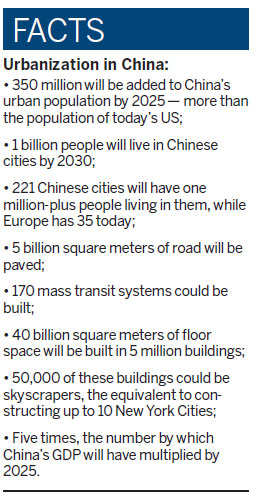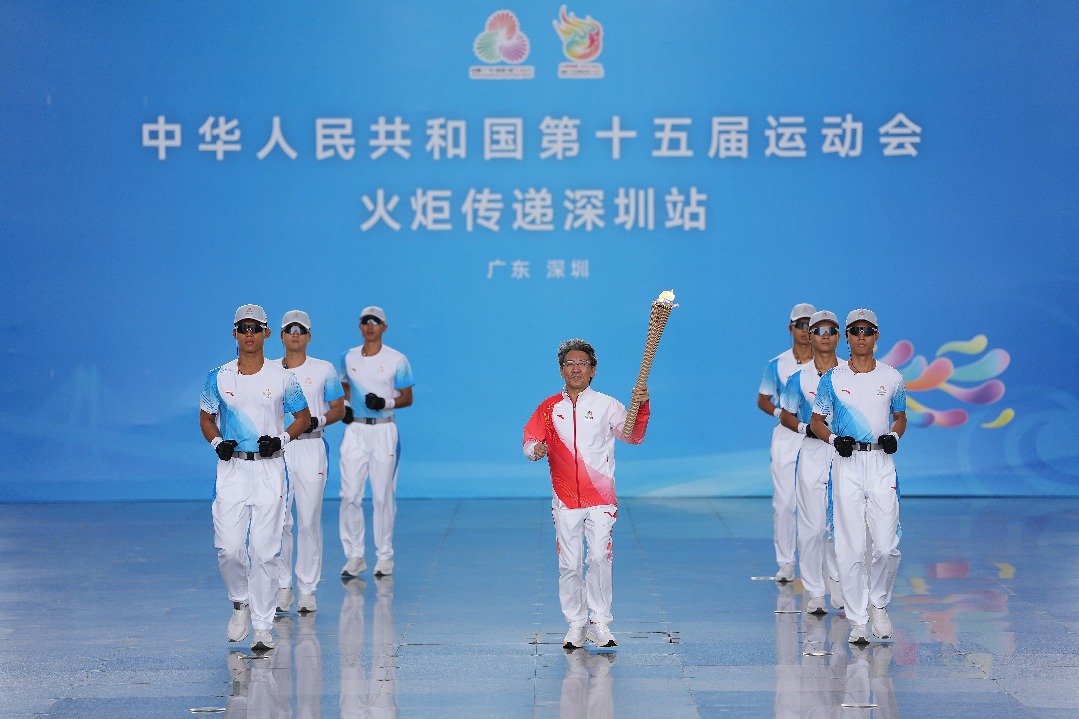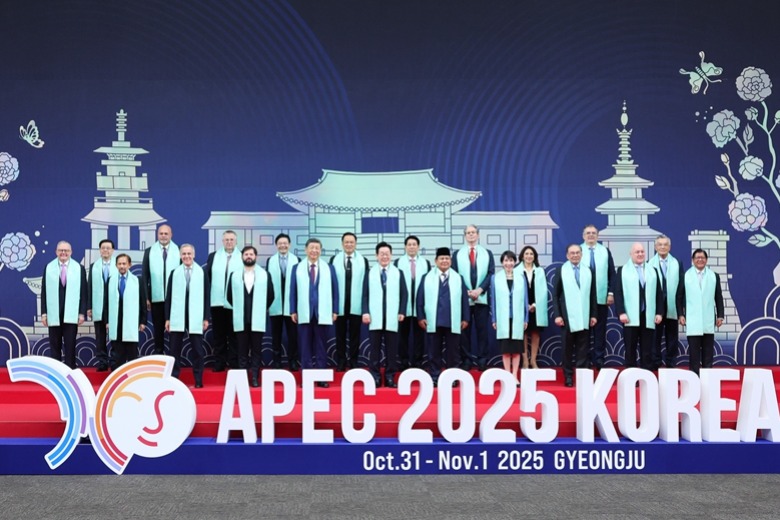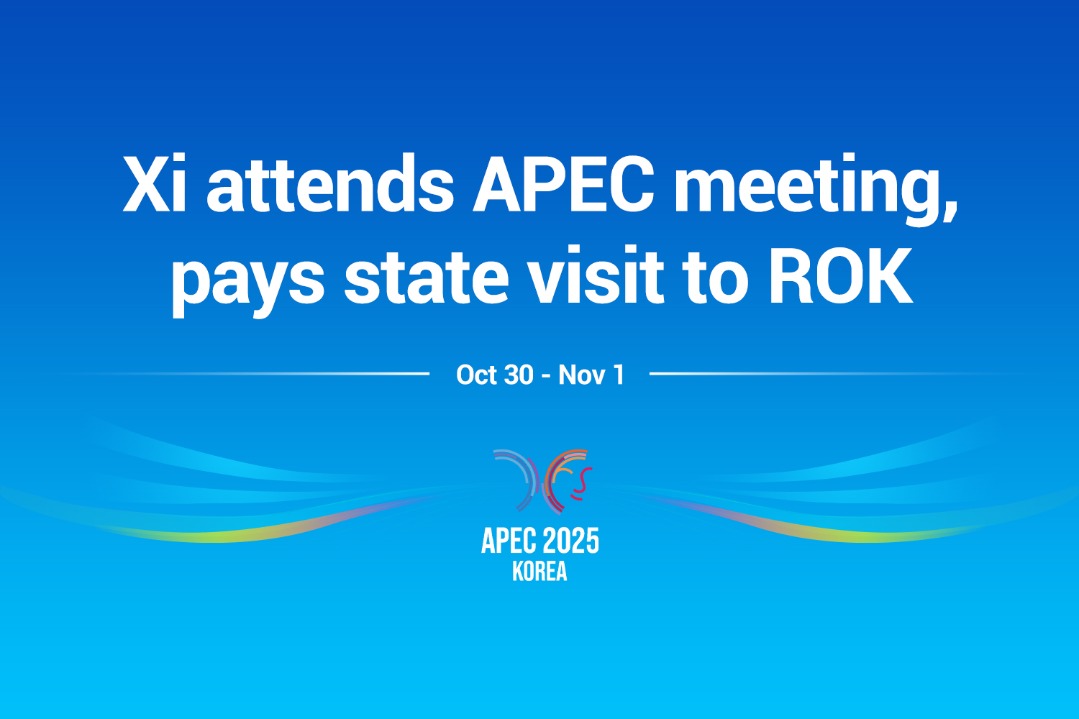Working together for livable cities

China is joining with the European Union to ensure sustainability
An expert from the European Union has warned that managing China's remarkably rapid growth is a key challenge for the EU-China Partnership on Urbanization.
The initiative was signed in 2012 and aims to promote exchange and cooperation across a wide range of sustainable urban development.
| Pedro Ballesteros, of the European Commission, says managing the challenges of urbanization is a "key task" as China and EU strive to forge a green growth strategy. Provided to China Daily |
The issue has been given fresh impetus as the speed and scale of urban development in China, a phenomenon unprecedented in human history, shows no sign of abating.
Pedro Ballesteros, of the European Commission, says managing the challenges of urbanization is a "key task" as the two sides strive to forge a green growth strategy.
On Jan 12, 2012, China's National Bureau of Statistics announced that Chinese urbanization had crossed the highly symbolic 50 percent threshold.
According to some estimates, 350 million people will be added to China's urban population by 2030. By then, Chinese cities are expected to be home to about 1 billion people about 70 percent of the country's population. The government says it is determined to steer urbanization onto a "human-centered and environmentally friendly" path by 2020.
Even so, some EU insiders say strains are starting to show and Ballesteros, who is principal administrator of the energy directorate at the commission, says that "sustainable and inclusive" growth in China requires stronger attention to effectively managing urbanization.
He says that "sustainable and inclusive" growth in China requires stronger attention to effectively managing urbanization.

"This is both a major challenge and a unique opportunity," he says.
It echoes the strategic objectives of economic rebalancing and a more qualitative, smart, sustainable and inclusive growth.
"Managing the challenges of urbanization is a key task if we move toward a green growth strategy," he says.
He stresses the importance of "efficient use" of resources and protection of the environment "while ensuring economic growth".
The environment is currently at the forefront of dialogue in EU-China relations thanks to the new importance the Chinese authorities are giving to environmental aspects in China's future development model.
Environmental degradation has become a serious challenge in China but, at the same time, Europeans, in their role as consumers of Chinese goods, very much have a vested interest in avoiding causing serious environmental problems in China.
That was why, back in 2005, the EU and China agreed to form a "climate change partnership" to strengthen dialogue on climate change policies and encourage low carbon technology development and uptake.
The work plan established under this partnership covers all areas of climate change policy, including energy efficiency, renewable energies and exchanging know-how on emissions trading.
Fast-forward to February 2012 and leaders from both sides announced the establishment of the China-EU Partnership on Urbanization, which Ballesteros calls an important precursor to the EU and China developing an ever-closer city pairing.
With more than 700 matches between Chinese and European cities, he says they are becoming key players in the partnership between China and the EU.
Formal cooperation agreements between a dozen cities were signed in November during the EU-China Urbanization forum, which was designed to foster joint projects, from low-energy buildings and clean mobility to integrated water and waste treatments.
The EU-China Partnership, using the slogan "Better City, Better Life", promises direct action, and Ballesteros says one example of the achievements is the "eco-urbanization project". Under this, the EU has agreed to assist Chinese cities in adopting energy- and resources-efficient ecological techniques.
The main target groups of this project are decision-makers at municipal, provincial and central levels.
One of the objectives of the partnership is to develop a new collaborative network of Chinese cities. Last year, the Chinese city of Yantai was asked to establish and coordinate a network of "smart" Chinese cities willing to cooperate in the field of "green digital" and urban issues of common interest.
For China Daily
(China Daily European Weekly 11/28/2014 page22)
Today's Top News
- China protests Japan PM's meeting with Taiwan official at APEC
- First-ever cross-boundary torch relay held for National Games
- China lodges stern representations, strong protests with Japan over its wrong acts, remarks concerning Taiwan during APEC meeting
- New quality productive forces gather steam to turbocharge future growth
- Xi returns to Beijing after APEC meeting, state visit to ROK
- Xi leaves for Beijing after APEC meeting, state visit to South Korea































